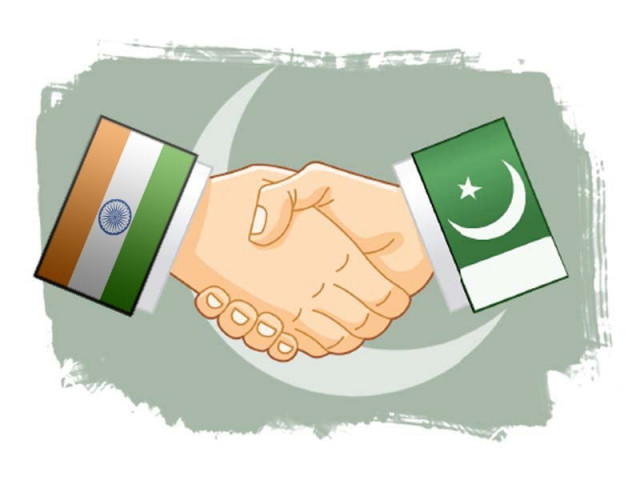
In what could be considered as a hope for peace between India and Pakistan, diplomats and scholars set a provocative narrative in the context of European history at the Goethe-Institut on Thursday.
It was an evening of sophisticated dialogue, moderated by veteran journalist Ghazi Salahuddin, to mark the golden jubilee of French-German friendship, established after the Élysée Treaty, which was signed by French president Charles de Gaulle and German chancellor Konrad Adenauer in 1963.
Speakers attempted, however, to connect the relevance of celebrations with South Asia - a region, they believe, needs to replicate how European nations succeeded in changing the post-World War II rivalry into integration and harmony.
Dr Christian Wagner, research division head at the German Institute for International and Security Affairs, opened the talk by discussing how his generation became the first beneficiary of the treaty.
Only a decade after the treaty, its spin-offs helped a young Wagner and his friends cross the German border to a neighbouring French town every week. “France held a certain attraction for its girls but for us it was more about the variety of cigarettes and alcohol available on cheaper rates,” he admitted, as the audience chuckled.
As a 19-year-old, he found it very interesting how those borders were vanished over the period and even the quotas on goods were removed. “Today, if one looks back at those 50 years we have really come a long way.”

Dr Wagner explained that the European Union came about, not only due to state-to-state relations, but it was strongly driven by the business community and the civil society. For instance, he said, schools and other academic institutions developed their own networks to help European students travel for their degrees.
The same generation in Germany that grew up against the backdrop of the Élysée treaty had an entirely different experience as recounted by Hasnain Kazim. He was born and raised in Germany and had only been in Pakistan for the last four years as Spiegel Online’s foreign correspondent. At the school, Kazim had no clue that France was ever at war with Germany as there were many French students at the institution. “What history books taught us then appeared unbelievable and so far away from the existing time.”
Being in Pakistan, he shared his urge to jump into his car to go to Amritsar or Kabul, the same way as he crossed over to France.

German consul-general Dr Tilo Klinner explained how it was a conscious decision to make physical borders irrelevant. The leaders learnt their lessons after incurring losses to Europe as a whole and losing dominance to the United States, he added.
While the Franco-German friendship could not become an exact model for this region, Dr Klinner hoped that the politicians, civil society and business community in Pakistan and India can draw inspiration from it to help continue composite dialogue and confidence building measures.
Through his anecdotes of Champs Élysées - an avenue in Paris where German troops had marched to celebrate the Fall of France in 1940, French consul-general Christian Ramage tried to show how long-drawn hostility can be forgotten. Around 50 years after the WW II, the German army was invited for the first time to march alongside the French army at the traditional Bastille Day parade on July 14, 1994. Due to bitter sentiments associated with the Fall of France, Ramage recalled that this bold step by then French president François Mitterrand was highly criticised, even by the media. “Around 65 years later, when a German brigade paraded again on the Champs Élysées in 2009 it was as if nobody even noticed it.”
Published in The Express Tribune, January 27th, 2013.

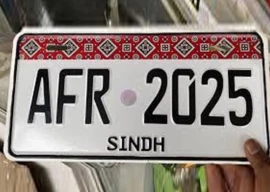
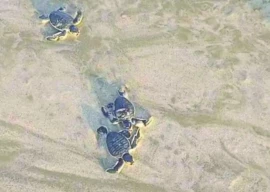
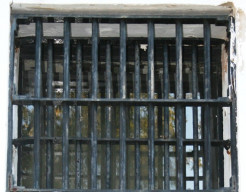








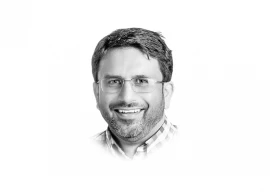




COMMENTS
Comments are moderated and generally will be posted if they are on-topic and not abusive.
For more information, please see our Comments FAQ